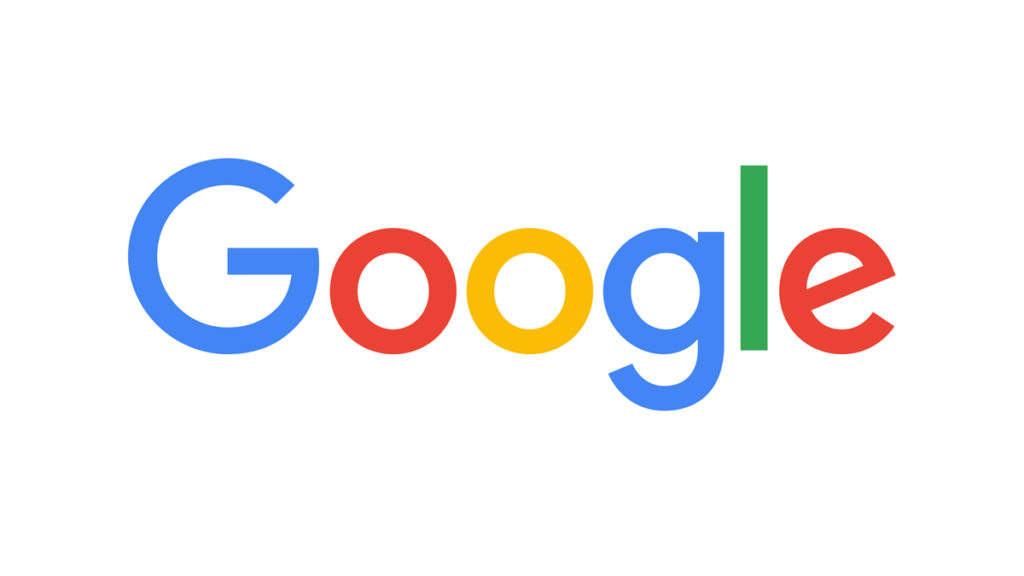Google, the tech giant behind the world’s most popular search engine, is facing a new round of scrutiny this week on the heels of several reports that suggest the company, despite having adjusted its policies to target AI spam earlier this year, still ranks plagiarized content and other types of spam higher in its search results, including those for Google News, its news aggregator service. A writer with Wired, who brought the topic up today, shared his disappointment about how one of the publication’s pieces about AI was entirely plagiarized but managed to outrank the original article, which now sits in second place, and SEO experts aren’t sure why.
From a report:
- “While searching for the latest information on Adobe’s artificial intelligence policies, I typed ‘adobe train ai content’ into Google and switched over to the News tab.”
- “Clicking on the top hyperlink, I found myself on a spammy website brimming with plagiarized articles that were repackaged, many of them using AI-generated illustrations at the top.”
- “In this spam article, the entire WIRED piece was copied with only slight changes to the phrasing. Even the original quotes were lifted. A single, lonely hyperlink at the bottom of the webpage, leading back to our version of the story, served as the only form of attribution.”
- “Articles that were originally published in outlets like Reuters and TechCrunch were also plagiarized on this blog in multiple languages and given similar AI images.”
- “Despite [Google’s] changes, spammy content created with the help of AI remains an ongoing, prevalent issue for Google News.”
An example of how spam is getting ahead of original content and official sources:
Google on its recent policy update, which promised “45% less low-quality, unoriginal content in search results”:
This update involves refining some of our core ranking systems to help us better understand if webpages are unhelpful, have a poor user experience or feel like they were created for search engines instead of people. This could include sites created primarily to match very specific search queries.
We believe these updates will reduce the amount of low-quality content on Search and send more traffic to helpful and high-quality sites. Based on our evaluations, we expect that the combination of this update and our previous efforts will collectively reduce low-quality, unoriginal content in search results by 40%.


